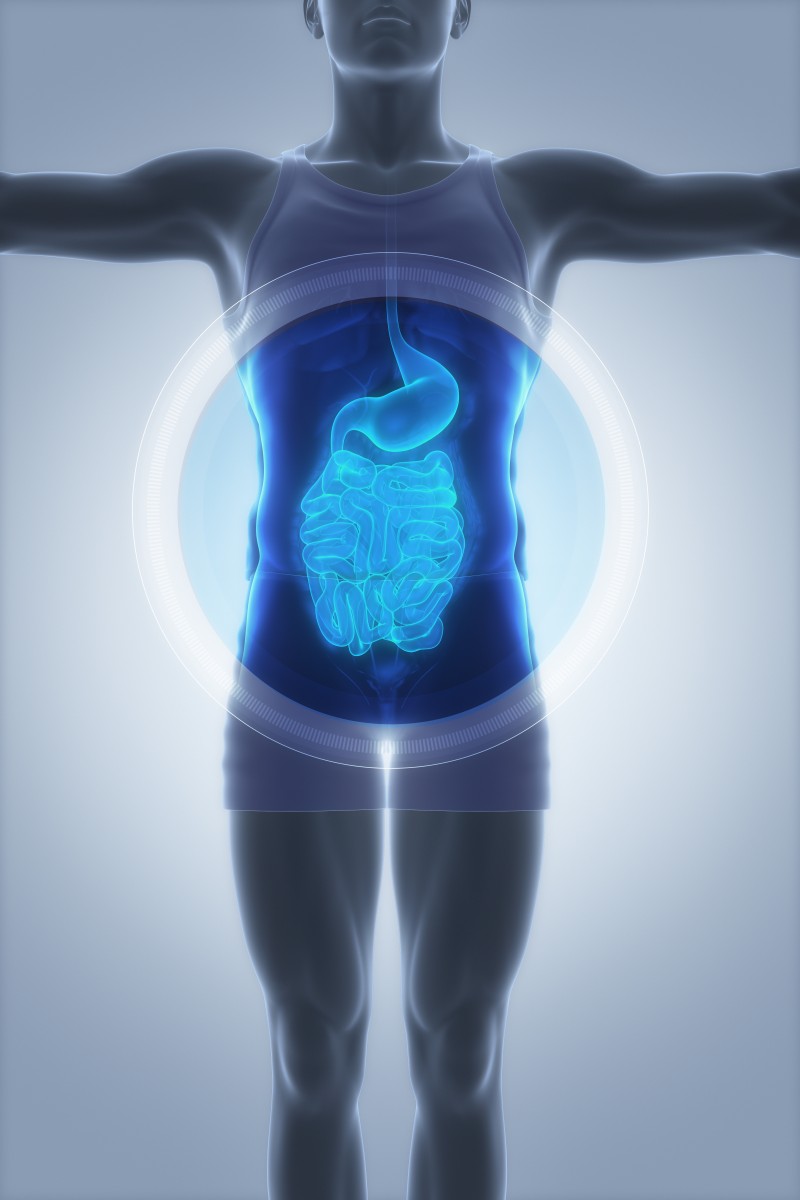Findings from a recent study published in the Journal Health and Quality of Life Outcomes show that the majority of people with inflammatory bowel disease (IBD) do not demonstrate a response shift (RS), indicating that the health rating over time is stable in relation to that predicted by known time varying clinical variables.
Health-related quality of life (HRQL) is a broad concept that encompasses multiple domains, including physical, psychological, social, and emotional health, as well as general or global perceptions of health, with longitudinal studies showing that the respondent’s interpretation of the construct remains constant over time.
Response shift (RS) is defined as a change in an individual’s internal standards (recalibration), values (reprioritization), or conceptualizations of health. RS occurs when individuals experience a significant health event, such as cancer treatment, or chronic disease diagnosis.
Conditions such as inflammatory bowel disease (IBD) develop over a longer time period and severity fluctuates with each patient. RS is an important consideration when evaluating changes in disease outcomes because it can result in an overestimating of problems or benefits in some individuals, and an underestimation in others.
In order to accurately interpret IBD impact over time, from both the perspective of an individual and for group comparisons, it is important to have methods to identify RS. In this regard, in the study titled “How are you? Do people with inflammatory bowel disease experience response shift on this question?”, Nancy E Mayo from the Division of Clinical Epidemiology from the McGill University Health Center in Canada estimated the extent to which RS occurs among individuals with IBD, and identified predictors of RS.
In the study, the researchers conducted an analysis of IBD in a population of 388 people. RS was evaluated using trajectories of the difference between observed and predicted health.
The results revealed that vitality, pain, disease activity, somatization, and physical and social function were all predictors of the variation in general health over two years with no evidence of RS in 82% of the sample.
The results also showed that negative RS was found for 8%, who initially rated health better than predicted; positive RS was found for 6%. The positive RS group was younger and had better baseline scores on measures of general health, hostility, pain, mental health and social and role function; less pain and better social function scores at baseline were predictors of negative RS.
According to the researchers, these results add to the evidence that the single question on self-rated health is useful for monitoring individuals over time.

